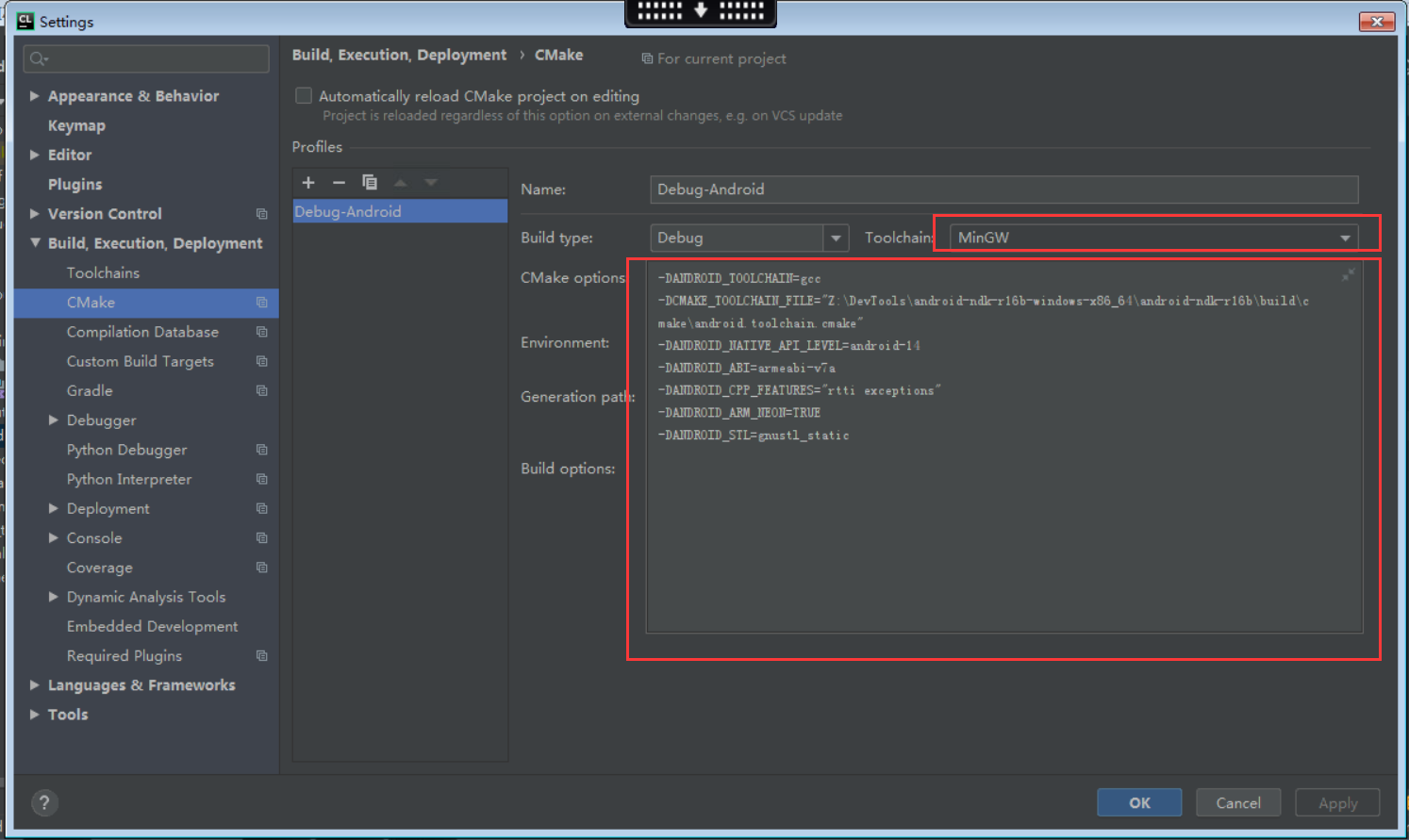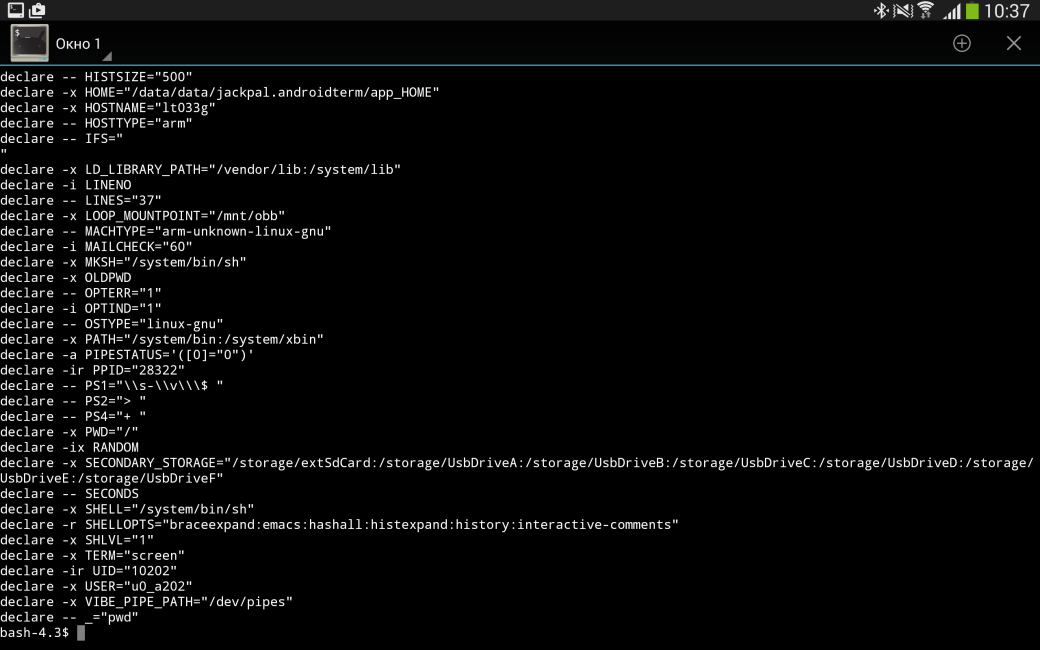

- #BUILD GCC COMPILER ANDROID NDK FORTRAN HOW TO#
- #BUILD GCC COMPILER ANDROID NDK FORTRAN FULL#
- #BUILD GCC COMPILER ANDROID NDK FORTRAN FOR ANDROID#
#BUILD GCC COMPILER ANDROID NDK FORTRAN FOR ANDROID#
When Cross Compiling for Android with the NDK and using an Android NDK version.
#BUILD GCC COMPILER ANDROID NDK FORTRAN FULL#
It seemed that it is easier and cheaper to buy faster machine with solid state drive than to optimize build time on linux with GCC.Ĭhances are, that machine will not make your build times 20x faster, but fixing up your dependencies and project structures can make it 20x faster (or whatever the root of the problem ultimately is). This is the full path to the top level of the current CMake build tree. Understand your structures and dependencies. I was unable to get any subproject build notably faster, maximum speedup that I get is 20%

For a build that slow, excessive dependencies are very likely the issue (unless you have many many small cpp files, or something silly like physical memory exhaustion is occurring). I'm not talking about dependency analysis or something advanced.Īgain, Continuous Integration for stats. Sounds like it's doing a lot of redundant work, assuming you have a modern machine. You can setup a continuous integration system with your targets to measure and record your progress/improvements as your changes come in.
#BUILD GCC COMPILER ANDROID NDK FORTRAN HOW TO#
Sounds really stupid at first, but if all builds going forward are 5 times faster and you know how to structure your projects and dependencies moving forward - then you realize the payoff. The best way is the slow, hard process of manually reducing build times. If you want to get the most out of this feature, you need to understand how your projects can be structured to make good use of them. It seemed that it is easier and cheaper to buy faster machine with solid state drive than to optimize build time on linux with GCC. I was unable to get any subproject build notably faster, maximum speedup that I get is 20% on a project that gets three minutes to build. I just want to know for what targets most of the time was wasted.Īlso, it seemed that GCC is quite inefficient in dealing with precompiled headers. I'm not talking about dependency analysis or something advanced. I can't find the way to get the statistics for different targets with make. Is there any free/open source tools for build optimization? It seemed that standard make utility doesn't have ability to measure build times of different targets. I use python script, found here to generate list of most used precompiled headers so my list of precompilation candidates is quite good. Precompiled headers is definitely used, I use -Winvalid-pch option and I have tried to compile with -H compiler option, my precompiled headers appears in output with 'bang' symbol, that means that compiler is able to use precompiled header.Īll my precompiled headers is not very large, every file is something about 50Mb. It seemed that build time is 5-10% percent less, not more. I have built separate precompiled headers for each subproject, but when I use them build time stays roughly the same. This project consists of many sub-projects of different sizes. Build time is something about 15 minutes. I have a huge project, something about 150 000 LOC of C++ code.


 0 kommentar(er)
0 kommentar(er)
